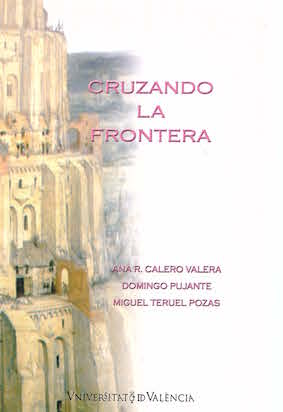Francia vs Irlanda: Oscar Wilde y la negociación de la identidad dramática
DOI:
https://doi.org/10.7203/qf-elit.v12i0.5024Keywords:
Oscar Wilde, National Identity, Cultural Identity, French Literature, Myth Abstract
Abstract
Not until the 1990s has Wilde’s nationality been a matter of study for scholars. Applying postcolonial and anthropological theories to their interpretation of Wilde’s life and work, critics such as Coakley (1994), Kiberd (1995) and McCormack (1998) regard the Victorian binomy Englishness / Irishness as the result of the schism between nation and empire. The aim of this study is to transcend the Victorian duality by means of adding an alternative theoretical concept to his national identity: that of Wilde’s cultural identity. Rather than a product of accidentality in birth, Wilde’s cultural identity would be defined as an arbitrary literary construction founded upon the playwright’s personal readings and cultural icons so as to imitate them both in his living fiction and in his work. This new identity would originate in France and in his subjective mystification of Paris, as it is shown in numerous interviews and in Wilde’s philosophy of composition.
 Downloads
Downloads
Downloads
Published
How to Cite
-
Abstract231
-
PDF (Español)131
Issue
Section
License
 Este obra está bajo una licencia de Creative Commons Reconocimiento-NoComercial-SinObraDerivada 4.0 Internacional.
Este obra está bajo una licencia de Creative Commons Reconocimiento-NoComercial-SinObraDerivada 4.0 Internacional.
Authors who publish with this journal agree to the following terms:
- Authors retain copyright and grant the journal right of first publication with the work simultaneously licensed under a Creative Commons Attribution License that allows others to share the work with an acknowledgement of the work's authorship and initial publication in this journal.
- Authors are able to enter into separate, additional contractual arrangements for the non-exclusive distribution of the journal's published version of the work (e.g., post it to an institutional repository or publish it in a book), with an acknowledgement of its initial publication in this journal.
- Authors are permitted and encouraged to post their work online (e.g., in institutional repositories or on their website) prior to and during the submission process, as it can lead to productive exchanges, as well as earlier and greater citation of published work (See The Effect of Open Access).




